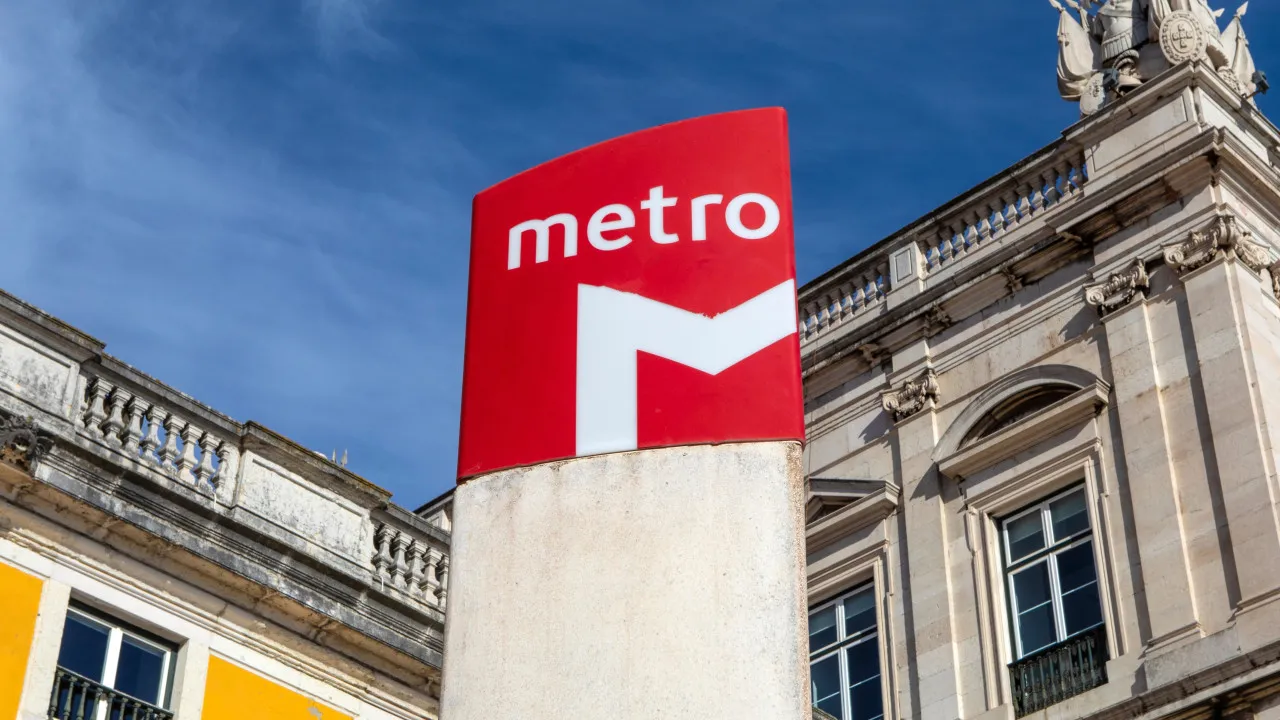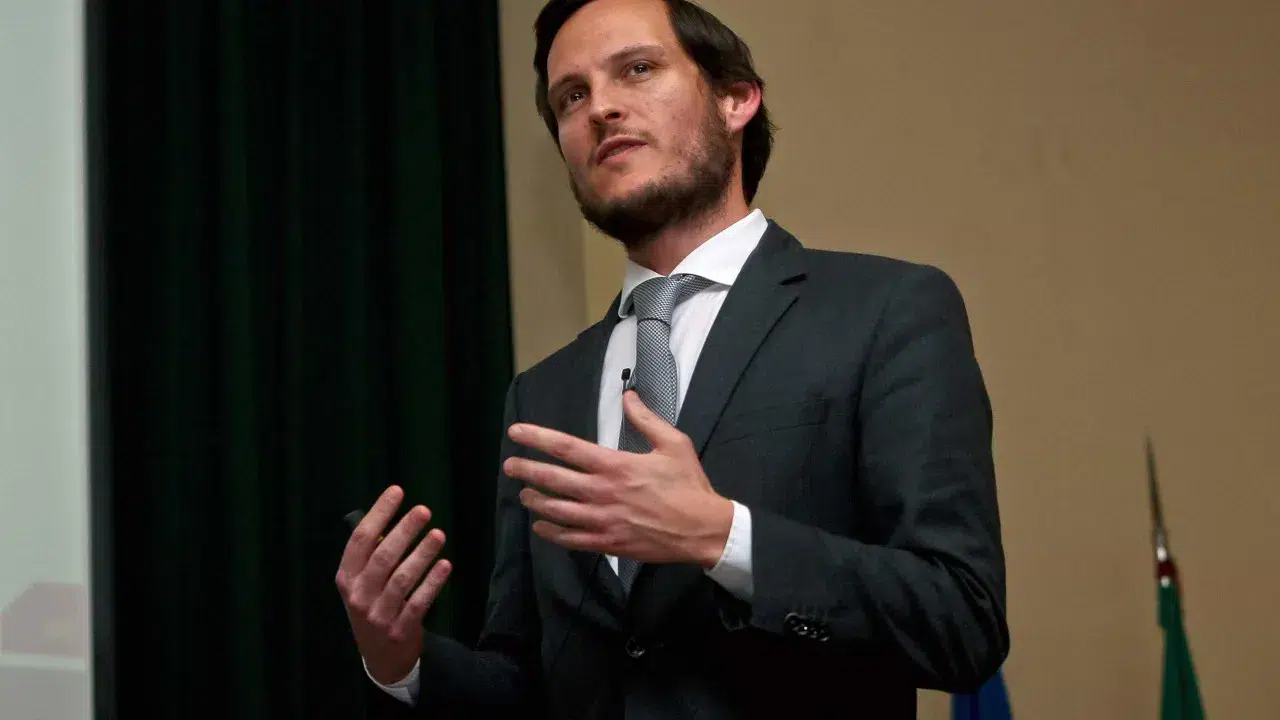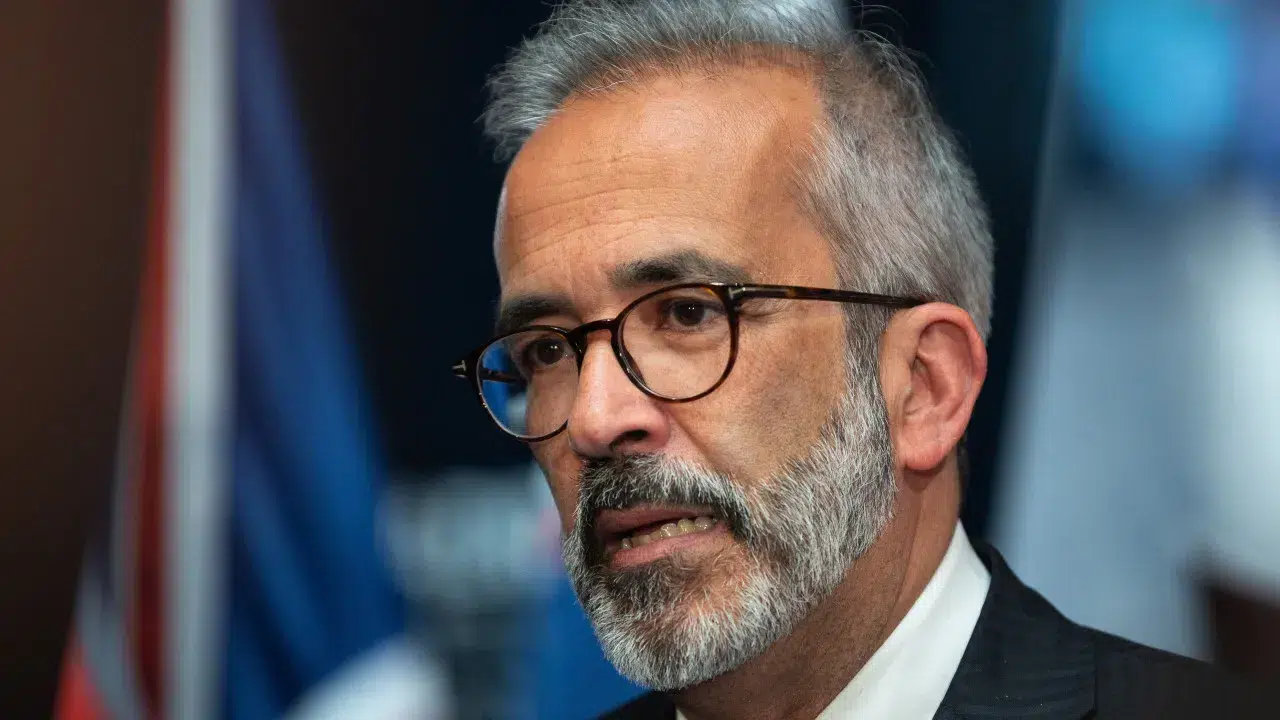The 85 million euro package will be used to invest in the city’s neighborhoods. “It will be a unique package in our city and unique in the history of the city,” said the mayor.
The Mayor of Lisbon, Carlos Moedas, announced this Saturday the launch of an 85 million euro (ME) package to invest in municipal neighborhoods, considering that this investment will be “unique in the history of the city.
“We are going to move forward with a new package of 85 ME – and I can see the eyes of the president of Gebalis shining – to which we will add the 40 ME, and in which we must have the capacity to materialize, with the help of the mayors, who are the ones on the ground. It will be a unique package in our city and unique in the history of the city,” said the mayor.
Speaking at a conference celebrating the 30th anniversary of the Special Housing Program (PER), an initiative of the Lisbon City Council, Carlos Moedas stressed that these funds are supported by the Recovery and Resilience Plan (PRR), in an initiative supported by the Minister of Housing, Marina Gonçalves, and the Institute for Housing and Urban Rehabilitation (IHRU).
Carlos Moedas affirmed that Lisbon City Hall currently has “1,000 houses under construction,” in addition to another 1,000 that have been built or rehabilitated in the last year, representing an investment of 40 ME in the renovation of neighborhoods.
“We are really putting our foot on the gas,” he said, justifying the announced investment with the “scourge” of seeing empty homes in the city’s neighborhoods and the lack of construction in the past decade.
“We had decades where we didn’t build public housing. They presented the factual figures of what happened between 2010 and 2020, where there was virtually none. There were 17 housing units per year. We are capable, if we are also united in the different political forces to do it, united not only in construction, but for the greatest scourge: to see that we have empty homes in our neighborhoods,” he noted.
For this reason, the mayor of Lisbon described the 85 ME package as “an important announcement for the policy on neighbourhoods”.
Moedas wants municipalities to be more involved in the government’s housing package
The mayor of Lisbon City Hall defended this Saturday a greater involvement of local authorities in the government’s package of measures for the housing sector, confessing to be “a little angry” about the situation.
“The PER is a pragmatic policy because it had exactly this capacity: it went through all the political forces, it tried to involve everyone, and for me this is essential in housing policy. That’s why, in a way, there was a time during these days when I was a little angry, but an angry that I think is constructive for the country,” began the mayor of Lisbon.
He continued, “In this package that we’re discussing, the municipalities have to be part of it, the municipalities have to be involved in what the housing policies are, because we – the municipalities, the parish councils – are really the actors. That’s where we have to be: above this ideology and say we’re going to get things done.
Recognizing the existence of “2,000 families in Lisbon that do not live in decent conditions,” Carlos Moedas assumed the situation and the will to solve it in an effort “above politics.”
The Mayor of Lisbon then praised the former Prime Minister and former President of the Republic, Cavaco Silva, for making the PER a reality and for the way he involved several parties in the Portuguese capital, praising the “courage to put it into practice”.
“We want to thank him for his vision, for the ability he had to look at the country and make it happen, to change the face of the city, but also the face of the country, with this rehousing program that we should never forget,” he said, adding, “Cavaco Silva was really the one who had the vision and put that vision into action. He put all the strength and energy of that vision into a fight that was much more than housing, it was a fight against poverty and to bring dignity.”

For Carlos Moedas, the PER promoted by Cavaco Silva stood out for its “ability to materialize” at a time when Lisbon had more than 10,000 precarious housing units, affecting about 37,000 people. “The PER was not a plan of proclamation or the idea of imposing something on anyone,” he stressed.
“I once said, and I’ll never forget, that in politics it is often much harder to create the conditions for what exists and is bad to disappear than it is to make many decisions to create what is new. Changing what exists in politics is so difficult – because the resistance is so great – and you, Mr. President, have done it with all those around you,” he reiterated.
Carlos Moedas recalled that PER was a “unique” program because it led to the construction of nine thousand homes and the relocation of nearly 30 thousand people.






